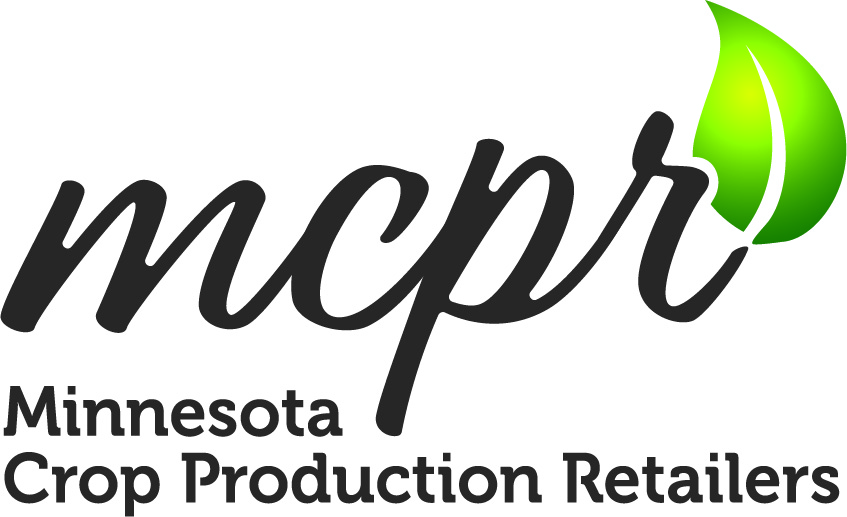Resistance Monitoring of Key Corn Pests Targeted by Plant-incorporated Protectants (PIPs) Expressing Insect Control Traits
Historically, PIP crops expressing insecticidal control traits have helped to manage primary lepidopteran and coleopteran pests of field corn in the United States for nearly 30 years. Prior to the development of PIP field corn, growers relied on a range of insecticides to manage economically significant pests and benefited significantly from the introduction of the first commercialized Bt event, Cry1Ab, in 1996. The sustained use of these insecticidal corn traits in the US against multiple primary pests of corn has seen great successes, providing environmental benefits and economic gains for growers but has also seen great challenges presented by evolution of pest resistance to these traits that make stewarding these technologies and developing new technologies a priority.
This presentation will broadly outline pre-commercial considerations for the development and registration of new PIP products and discuss post-commercialization stewardship of PIP products using corn borers and corn rootworm as to highlight successes, challenges, and essential learnings.
Speaker: Matthew Carroll, Bayer CropScience
Biography: Matthew Carroll is an accomplished regulatory manager and researcher with extensive experience in agricultural biotechnology and pest management. He served as the Regulatory IRM Study Manager at Monsanto from 2009 to 2018, where he managed product conditions of registration, addressed pest resistance issues, and developed and implemented Insect Resistance Management (IRM) studies and IRM plans for multiple corn products containing insect control traits. Matthew's academic journey includes a Bachelor of Science degree in Bio-Agriculture and Rangeland Science from Colorado State University, a master’s degree in entomology from Montana State University, where he studied the impact of cover crops on wheat streak mosaic virus transmission by the wheat curl mite, and earned a Ph.D. in Entomology from the University of Minnesota, where his research on the green peach aphid contributed to the understanding of virus pest dynamics in the potato production system. Matthew’s current role is in Regulatory Science as the Corn Insect Resistance Management lead and Corn IRM sub‑committee chair of the Agricultural Biotechnology Stewardship Technical Committee (ABSTC), a consortium of companies with corn and/or cotton insect control traits (Bayer, BASF, Corteva, and Syngenta).
